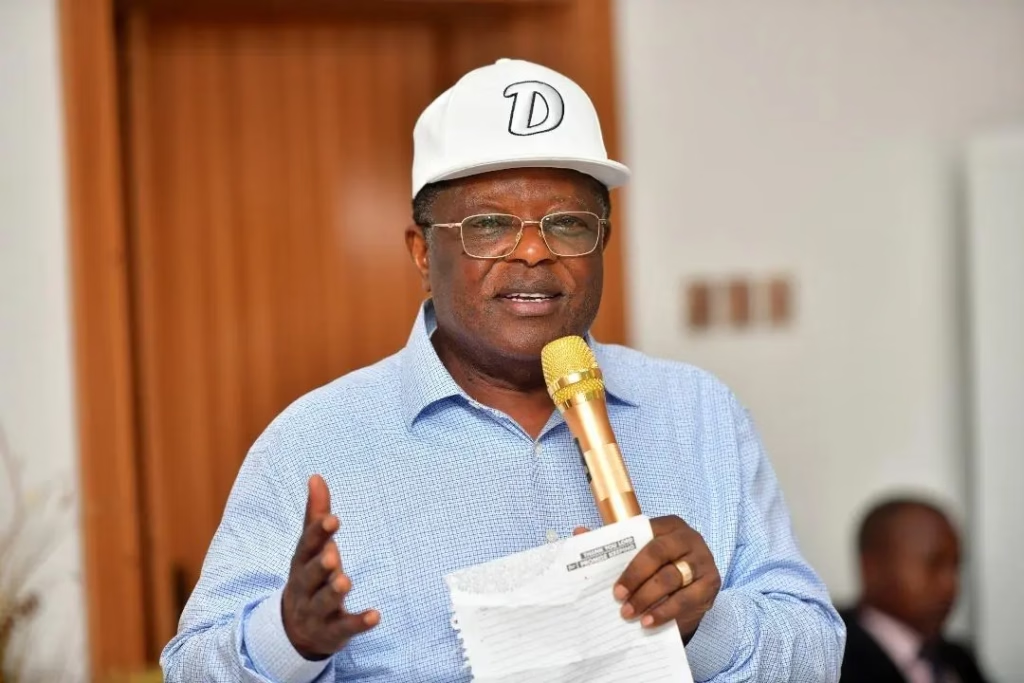The Nigerian government requires approximately ₦3 trillion (over $2.4 billion) to complete road infrastructure projects previously funded by the Nigerian National Petroleum Company Limited (NNPCL) under a tax credit scheme, according to Minister of Works David Umahi. The disclosure came during a press briefing in Abuja on Wednesday, where Umahi revealed that President Bola Tinubu ordered the Ministry of Works to secure alternative financing after NNPCL halted its support for the initiative on August 1.
“Despite the funding stoppage, Mr. President directed that alternative mechanisms be developed to prevent project abandonment,” Umahi stated, describing Tinubu as “a leader with a large heart.” The ministry has compiled a list of affected projects, which will be proposed for potential Public-Private Partnerships (PPPs) where feasible. Contractors with demonstrated funding capacity may qualify for these collaborations, pending presidential approval.
Meanwhile, construction progress was highlighted across multiple regions. Key ongoing initiatives include the Benin-Warri and Benin-Asaba roads linking to the First Niger Bridge, the Lagos-Abeokuta corridor, and critical routes in Bayelsa and Delta states. In northern regions, emergency projects span the Kano-Maiduguri artery, the Gombe-Azare stretch, and upgrades to bridges in Koton Karfe and Keffi. The Katsina-Ala road in Benue and the Kabba-Ekiti route in the southwest were also cited as priorities.
Minister of State for Works Malam Bello Goronyo praised Tinubu’s infrastructure focus, calling it “unwavering,” while Permanent Secretary Olufunsho Adebiyi dismissed claims of regional marginalization in project allocations. Adebiyi emphasized that costs per kilometer vary due to terrain, security, and material factors, urging transparency in media reporting.
The funding gap underscores the challenges of maintaining momentum in Nigeria’s infrastructure development amid shifting fiscal strategies. Tinubu’s administration now faces the dual task of mobilizing private-sector partnerships while balancing geopolitical equity in project distribution—a critical endeavor for a country where road networks serve as lifelines for commerce and connectivity.
